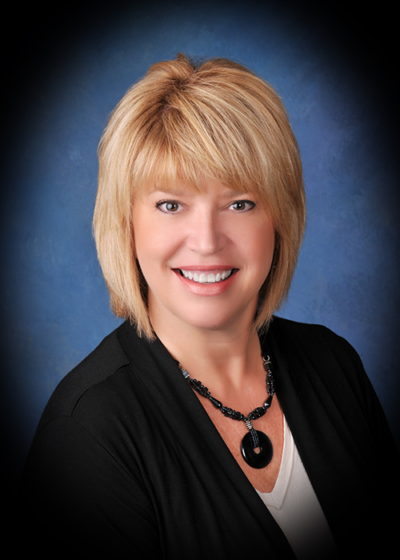Insights | Blogs

It’s a question most seniors ask themselves at some point. And while the answer varies greatly from senior to senior depending on a variety of factors, it’s not often a simple “yes” or “no.” Instead, the answer lies in how we define the word “thrive” and what seniors deem most important.
Most all of us view thriving as living a vibrant, energetic, healthy lifestyle. And while some seniors may be capable of thriving while aging in place, still a number of common fears can creep into the edges of day-to-day living.
Health conditions are one of the biggest factors affecting seniors’ ability to live well independently. As we age, chronic conditions such as heart disease and diabetes take a greater toll and new conditions can crop up, diminishing our ability to feel confident in engaging in the activities we love. With limited resources and support for their health, seniors may begin to limit themselves in terms of physical and social activity.
This can lead to greater isolation among seniors who choose to age in place. This isolation can further diminish seniors’ overall feeling of well-being and lead to depression, while lack of mental stimulation can lead to cognitive decline as we age.
Safety is another consideration. With the likely increase of health challenges and isolation seniors experience, seniors may be in greater need of emergency care but less likely to receive it if they lack the social contact that could provide the life-or-death assistance they need.
So, while many seniors enter aging in place feeling confident that they will thrive, these factors can quickly change and reduce their ability to actually do so. On the other hand, choosing retirement community life while seniors are still living full, healthy, active lifestyles can help slow the effects of aging for a variety of reasons.
Retirement community life ensures that residents have immediate access to the support and amenities they need to thrive. With access to fitness facilities and activities, retirement community residents may be better able to keep health conditions at bay, preserve muscle tone and engage in exercise for overall better health. The fellowship of other seniors provides an instant social network of vibrant, like-minded people who are there to support each other. And with greater security and the presence of help and friends everywhere, residents feel safe, knowing that they are more likely to get the care and attention they need when they really need it.
In addition to providing a better environment for physical and social well-being, retirement community living does more than simply make up for the drawbacks of aging in place. It goes over and above, providing numerous additional benefits. Retirement community amenities, such as dining venues, group outings, scheduled events, classes, outdoor spaces and concierge services provide a lifestyle that has the potential to not just meet the needs of aging in place, but to exceed the expectations.
When seniors face the decision whether to age in place or find a retirement community they’ll love, they too often overlook the many social and physical benefits retirement community life offers. So, can seniors thrive while living independently? They certainly can although it might be more challenging to maintain on their own. The answer is different for everyone, but perhaps we should be asking a different question: where could you thrive the most? And that is a much easier question to answer.

About Brazos Towers:
Brazos Towers at Bayou Manor has been Houston’s most trusted non-profit retirement community since 1963. Here, seniors receive all the support services they might ever need: Independent Living, Assisted Living, Memory Care, Skilled Nursing and Rehabilitation. This environment focuses on experiencing the most freedom, interesting engagement and personal independence possible, regardless of one’s capabilities.
About the Author, Michelle Watkins:
As Retirement Counselor, Michelle helps seniors successfully navigate their choices by better understanding the differences between communities and the services they offer.
Contact her at 713-660-5033 to schedule your complimentary retirement planning consultation or email michelle.watkins@houstonretirement.org.







